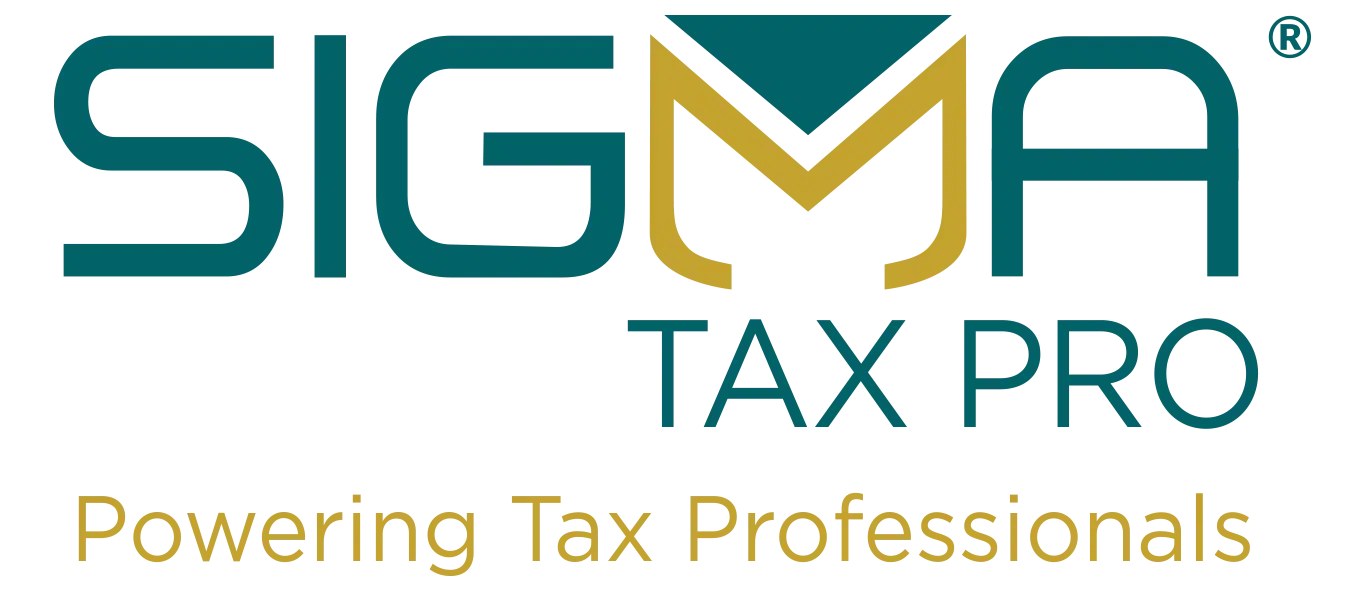Tax preparers are often the first point of contact for clients needing clarification about regulatory requirements and Beneficial Ownership Information (BOI) Reporting is a requirement that certainly may raise a few questions. The goal is to create more transparency in business ownership and control and learning about BOI reporting requirements is critical to helping clients avoid regulatory issues.
Here’s how tax preparers may address the most common questions about BOI reporting.
Beneficial Ownership Information (BOI) Reporting: Frequently Asked Questions
BOI reporting plays a critical role in preventing financial crimes such as money laundering. A BOI report requires entities to disclose information about the people who ultimately own or control them. Tax preparers must be ready to explain what BOI reporting requires and why it’s essential. The report aims to make financial dealings more transparent and secure, which is necessary in today’s work environment.
Who Must File a BOI Report?
A common question asked is ‘who falls under the requirement to file a BOI report?.’ Generally, most corporations, limited liability companies (LLCs), and other organizations created by a filing with a state office or a similar form abroad, must submit their beneficial ownership information. The details required include identifying information regarding the owners who meet specific criteria of ownership percentage or control leverage.
Who is Exempt from BOI Reporting?
Not all businesses need to file a BOI report. The exemptions include certain entities that already have clear ownership transparency, such as publicly traded companies or entities that operate under extensive federal regulation. Additionally, entities such as trusts, except certain statutory trusts, are exempt. Tax preparers should help clients understand if their business structure qualifies for these reporting exemptions.
When are BOI Reports Due?
Meeting reporting deadlines is a requirement to avoid penalties. The initial deadline for existing entities to file is January 1, 2024. After this date, new entities must file their BOI reports within 90 days of formation. Existing or newly formed entities that are making changes in beneficial ownership must update their information within 30 days. Being aware of these deadlines helps businesses to stay compliant and to avoid potential fines.
How to File a BOI Report?
Filing a BOI report involves completing the FinCEN BOI Report form. Tax preparers should ensure that their clients gather all necessary information, including the full legal names, addresses, and dates of birth of beneficial owners, along with an identification number such as a Social Security number or passport number. Such data must be accurately reported to FinCEN through the designated electronic filing system.
What Are the Penalties for Non-Compliance?
Failure to comply with BOI reporting requirements can lead to significant penalties, including substantial fines or criminal charges due to the neglect of reporting obligations. Tax preparers must emphasize the importance of accurate reporting to their clients in order to mitigate the risk of such consequences.
Additional Tips for Tax Preparers
Tax preparers often add value to their services by providing continuous education on changes in BOI reporting requirements. Preparing a compliance checklist for their clients also makes reporting compliance easier. Staying proactive by learning about and keeping updates in legislation and technological filing tools top of mind may help clients file BOI reports without experiencing any issues at all.
Closing Thoughts About a BOI Report
Attempting to file a BOI report can often feel overwhelming for many people. A tax preparer can make this process easier by guiding clients through each step of the BOI reporting process. Ultimately, a tax preparer can help file a BOI report to ensure that the report remains compliant, and by answering usual questions, may also minimize the chance of mistakes being made, therefore helping clients to avoid BOI reporting penalties.





